For All Mankind season four
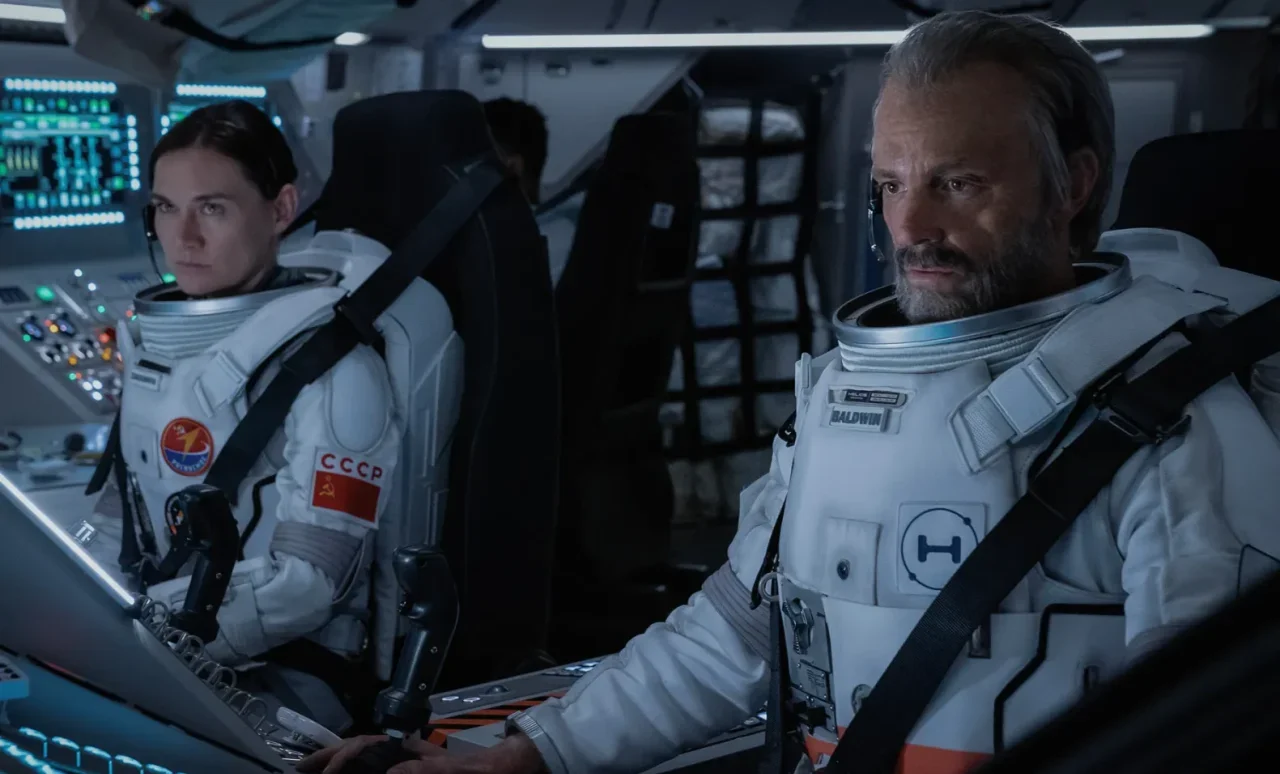
Season four of For All Mankind, begins in a similar way to every other new season: archival footage-style montages that recap all the historical changes within the timeline, covering the time jump of eight years – a decent margin to build mystique around the gap between then and now without being too distant from the events of the previous season. The audience can tell this is so because of how fresh of a wound season three has left on the surviving characters. Yet the constant movements and advancements in technology persistently remind everyone that time has passed.
The show itself is a what-if take on the 1960s space race in which the Soviet Union won, pushing forth a world of possibilities and accelerating space travel technology. The latest season follows up ten years after the Mars landing, in 2003, where Joel Kinnaman’s Ed heralds the Happy Valley base of NASA on Mars. Complications arise during an asteroid capture mission, which leads to the death of two crew members.
A main theme of the series heavily highlighted this instalment is this idea of doing things for the greater good of everyone else – to add validity to what was done before so that it can be worth it in the end. This is especially true for both Ed and Krys Marshall’s Dani as they reel over the choices made at the end of season three and the consequences left in its wake. But it’s not just them. Even newer and minor characters have this same mindset of doing things for the greater good. One in particular is Toby Kebbell’s Miles, whose love for his family and need for money drive him into a two-year space expedition.
There’s an opposing parallel here between Ed who has no time for his family and is heavily attached to space work and Miles who deeply misses his wife and daughter, working through the achingly dull space life just to provide for them. The title For All Mankind has never been more fitting as it is now, with the multiple layers attached to the idea of sacrifice, whether to sacrifice one’s self for your family or to sacrifice the family for the benefit of the world. Even the first episode showcases how so many stuck with the mundanity of space work aren’t doing it for a noble cause. The fact remains, that whatever motivation they may have, the risk stays the same for everyone.
As usual, the visuals stay sharp and beautiful in For All Mankind – that’s one aspect it always delivers on. There’s beauty in the sights of outer space, but the overwhelming presence of a dark abyss reminds both characters and viewers of the looming dangers. The neutral tones and colour filter remain consistent from the previous seasons, giving the series its signature clinical and modern look.
Overall, there are interesting points to cover this season: the volatile relationship of the three countries of the USA, the Soviet Union and North Korea working together, Dani’s leadership being tested, and how space technology can encompass all sectors of politics. While its coverage of these different plot points doesn’t always do them justice – some being rushed or simply brushed over – For All Mankind does succeed in creating a character-driven start to season four with expansive potential for the future of the series. With the constant jump forwards in every season, For All Mankind delivers fresh new faces and more drama to explore.
Mae Trumata
For All Mankind season four is released on Apple TV+ on 10th November 2023.
Watch the trailer for For All Mankind season four here:


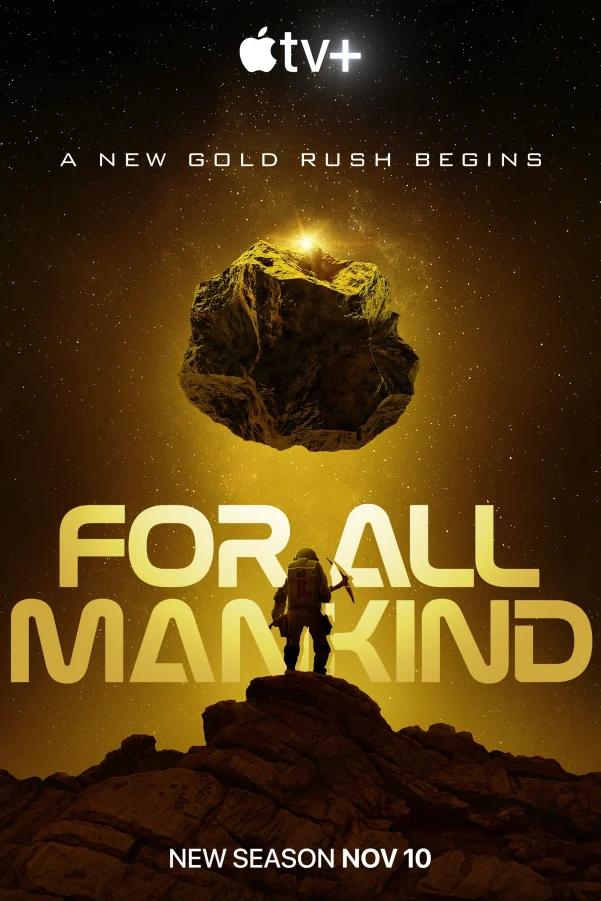



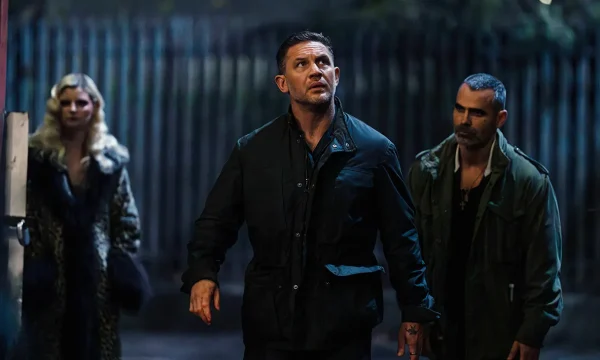
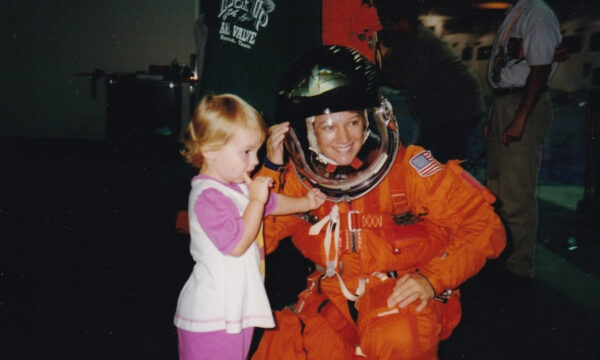
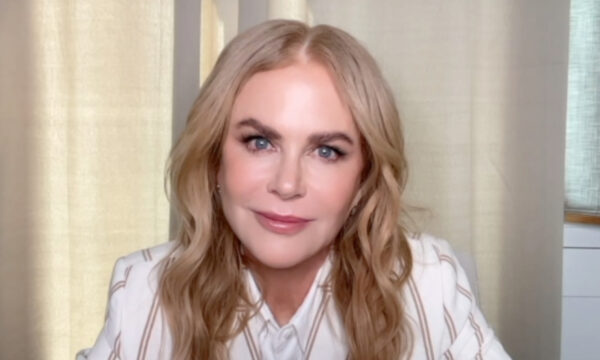
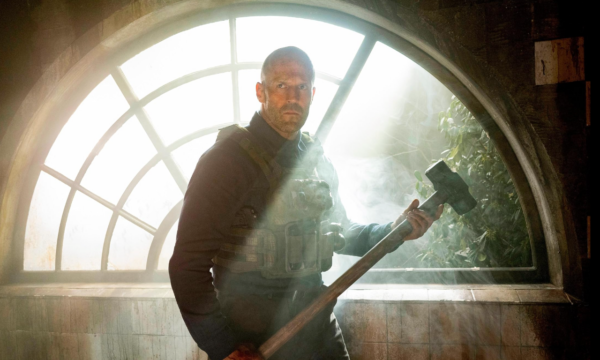
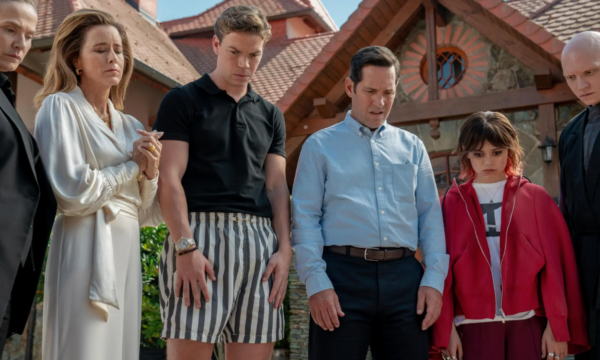








Facebook
Twitter
Instagram
YouTube
RSS